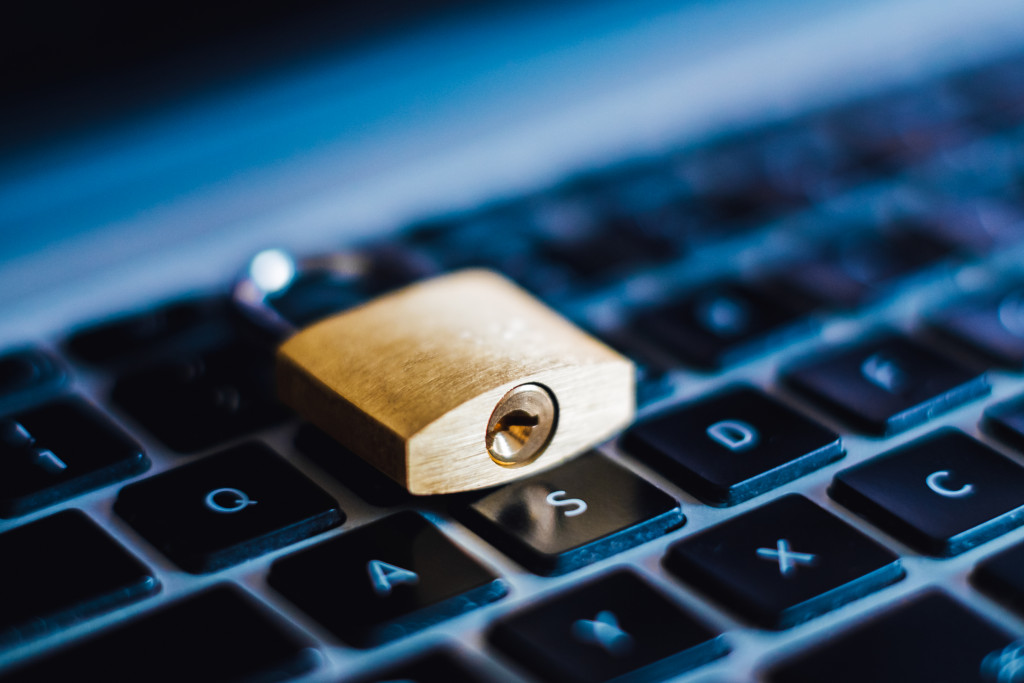Small businesses are the lifeblood of the economy, but they’re often at a disadvantage compared to large businesses when it comes to data resiliency. That’s why it’s so important for small businesses to have a plan in place for how to keep their data safe in the event of a disaster. Here are some tips for how to improve data resiliency for small businesses.
Keep an up-to-date backup of your data
One of the most important things you can do to improve data resiliency for your small business is to keep an up-to-date backup of all your critical data. That way, if something happens to your primary data source, you’ll be able to quickly and easily restore your data from the backup.
There are a few different ways to keep a backup of your data, but the most important thing is to ensure that the backup is up-to-date and that it includes all of your critical data. One way to do this is to use an on-site server. This is a server that you keep in your office or at another designated location.
You can also back up your data to the cloud, which is a remote server that stores your data in the cloud. This is a good option if you have multiple locations for your business. Alternatively, you can use an external hard drive to back up your data. This is a good option if you want to take your backup with you on the go.
Utilize central station alarm monitoring
Another way to improve data resiliency for your small business is to utilize central station alarm monitoring. This type of monitoring can provide an early warning if there’s a problem with your data center, so you can take action to prevent data loss. Central station alarm monitoring can also help you quickly and easily restore data if it’s lost.
Outsourced central station services allow you to manage your business while someone else takes care of the technicalities. With a cloud provider, businesses can use quality IT infrastructure and other resources without having to invest in them.
Trust is everything in security, which is why outsourced central stations are the best way to give your customers reliable service. You can keep your business running as usual with their multiple services.
Furthermore, should something go awry, your provider ought to have a backup plan. With information replication, users experience almost zero downtime thanks to a redundant architecture as well as load balancing which helps prevent issues during severe weather conditions or emergencies.
Use redundant systems
Another way to improve data resiliency for your small business is to use redundant systems. Redundant systems are two or more systems that are designed to provide backup support if one system fails. For example, you might have a primary on-site server and a secondary off-site server that stores backups of your data. That way, if something happens to your primary server, you can quickly switch over to your secondary server without experiencing any downtime.
If you want to use redundant systems for your small business, there are a few things you need to keep in mind:
- Your data should be properly backed up and you have a plan in place for how to restore your data if something happens.
- Your redundant systems should be properly configured and that they’re always up-to-date.
- You should test your redundant systems regularly to ensure they’re working correctly.
Implement security measures

In today’s world, data breaches are becoming more and more common. That’s why it’s so crucial for small businesses to implement security measures to protect their data from being hacked or stolen.
There are a few different ways you can implement security measures for your small business. One way is to use a firewall. This is a device, either software or hardware-based, that helps restrict unauthorized access to your computer or network.
Another way to protect your data is to use encryption. This is a process of transforming readable data into an unreadable format. This makes it difficult for unauthorized users to access your data if they happen to get their hands on it.
You can also use passwords to protect your data. Passwords are strings of characters are used to authenticate users. They help ensure that only authorized users can access your data.
Finally, you can also invest in security software to help protect your computer and network from potential threats. Security software helps you monitor and protect your computer from malware, viruses, and other online threats.
Data loss can be devastating for a small business, but there are steps you can take to improve data resiliency and protect your business in the event of a disaster. By keeping an up-to-date backup of your data, utilizing central station alarm monitoring, using redundant systems, and implementing security measures, you can help ensure that your business is prepared for anything.
